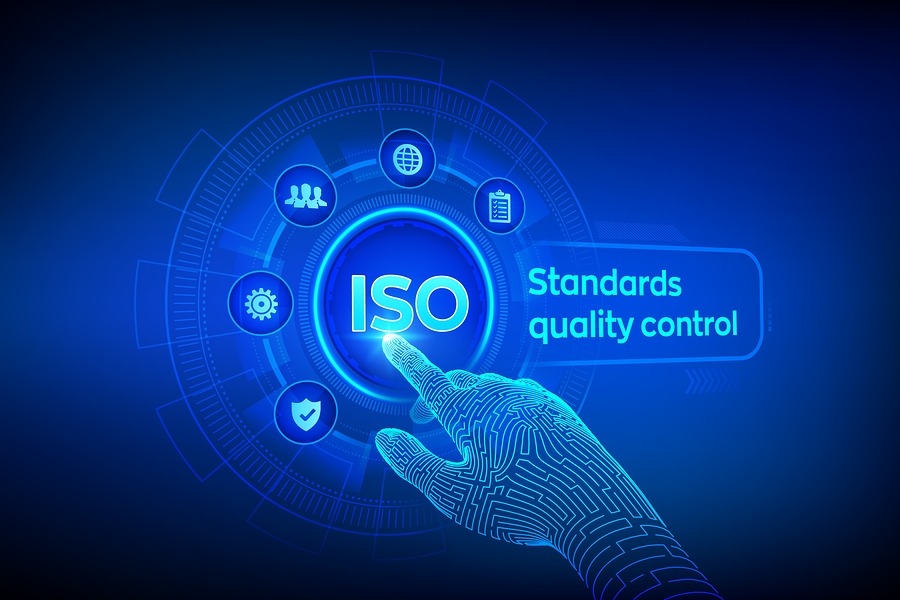Today I present to you what benefits ISO certifications bring to a business
The need to certify an organization, whether it is an LLC, an NGO or a public institution, having as reference an ISO Standard, can give rise to absolutely legitimate objections and questions. In an increasingly obvious context, it is clear that the current Spanish business environment is more and more characterized by exchanges and economic partnerships with international companies.
Thus, there is a growing demand for certified companies according to an ISO standard among local companies, and this phenomenon must also be understood, not only accepted as a fact, a trend in a behavioral mainstream with economic specifics.
What dictates this behavior more and more frequently in the world of entrepreneurship in Spain?
Is it a necessity dictated by the development objectives or just an image artifice with an impact on direct competitors?
Certainly, the composition of the company's organizational chart is changing. A new department, with new trained and educated people, consumer of financial resources, that must, however, "justify" its activity through an added value and efficiency brought to the management. With optimizations brought to all processes, and finally, with concrete results reflected in the company's profit.
In response, while it seems legitimate to ask such a question in an economy that is having a hard time making its mark on EU markets, the International Organization for Standardization, based in Geneva - Switzerland, has been publishing the first standards since 1947. The intention was a unitary vision of a compact European economic bloc, offering a common legislation on technological development oriented towards a superior quality.
Currently, the International Organization for Standardization (ISO) has a global scope, with 164 countries that have joined it, that is 98% of the global economy and 97% of the total population.
ISO has so far issued more than 19,200 standards worldwide.
The necessity to implement a management system, according to an ISO Standard, or an Integrated Management System, according to several ISO standards, must also come from a … necessity!
In other words, necessity will always come from a relationship of interdependence between the vision/direction that an entrepreneur will imprint on his business, and what dictates the competitive market in terms of quality requirements. The same goes for the related aspects of economic activity, such as environmental impact, occupational safety, information security, mandatory legal requirements.
If apparently it seems a chore for an entrepreneur to implement a Management System according to an ISO standard, then the constant monitoring of compliance with it, in fact, the whole process, becomes much more efficient, oriented to customer satisfaction, employee satisfaction and implicitly, company profitability.
In addition, we can talk about tuning with the rhythm imposed by the dynamics of new and more competitive markets.
Punctual, we can more clearly list the advantages of a Certification of a Management System according to an ISO Standard, as follows:
- Obtaining a better market share and improving the company's image;
- Requirements for gaining or even maintaining an important client;
- Competitive advantage over the competition;
- Mandatory requirement for public contracts (through the Electronic Public Procurement System);
- The company's processes are transparent and easy to control;
- Defining responsibilities and competencies very clearly within the company;
- Prevention of non-conformities and implicitly prevention of financial losses;
- Prevention of fines by control bodies;
- Increasing the value and image of the company.


